
Deutsch-Chinesische Enzyklopädie, 德汉百科
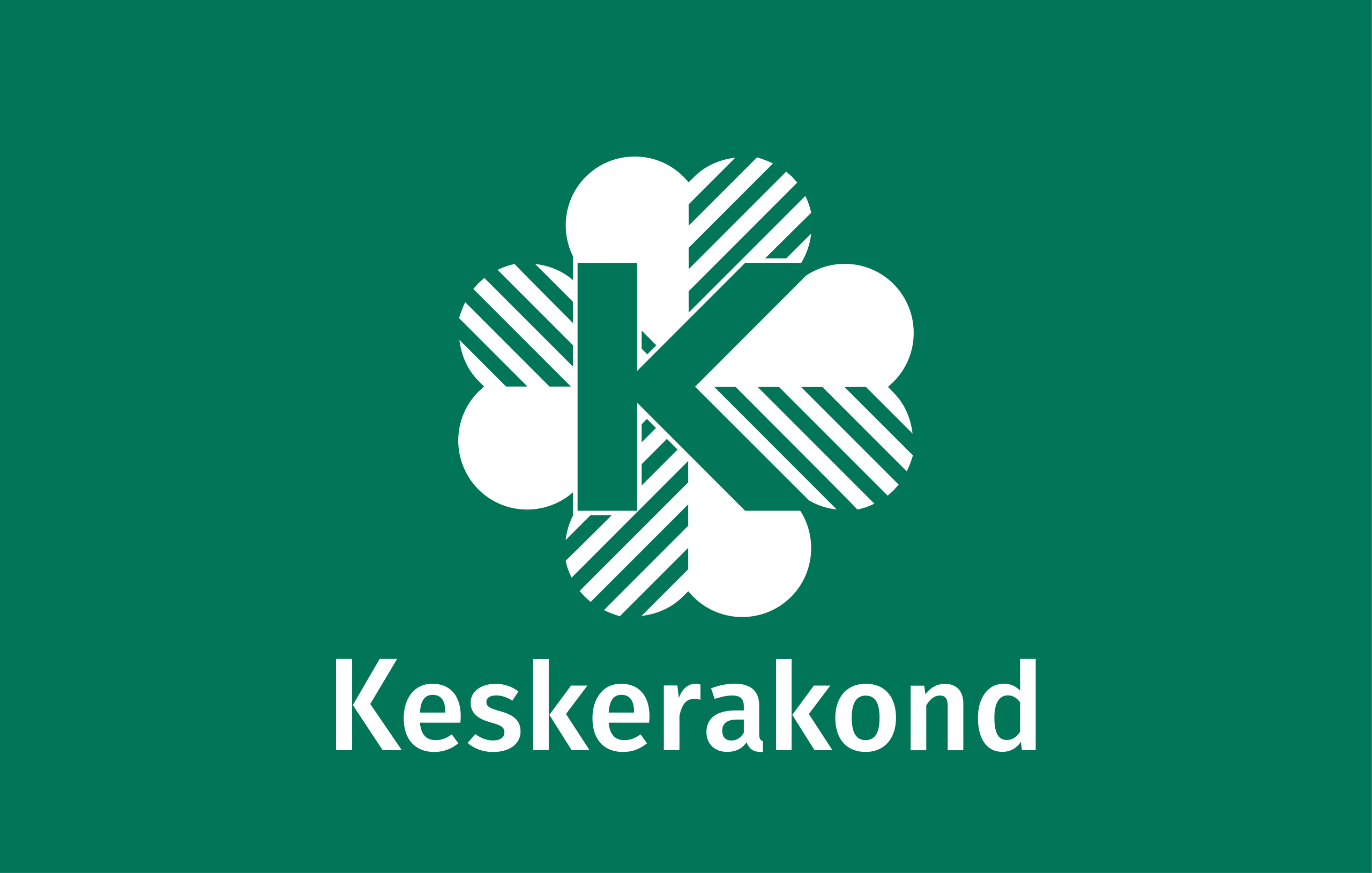
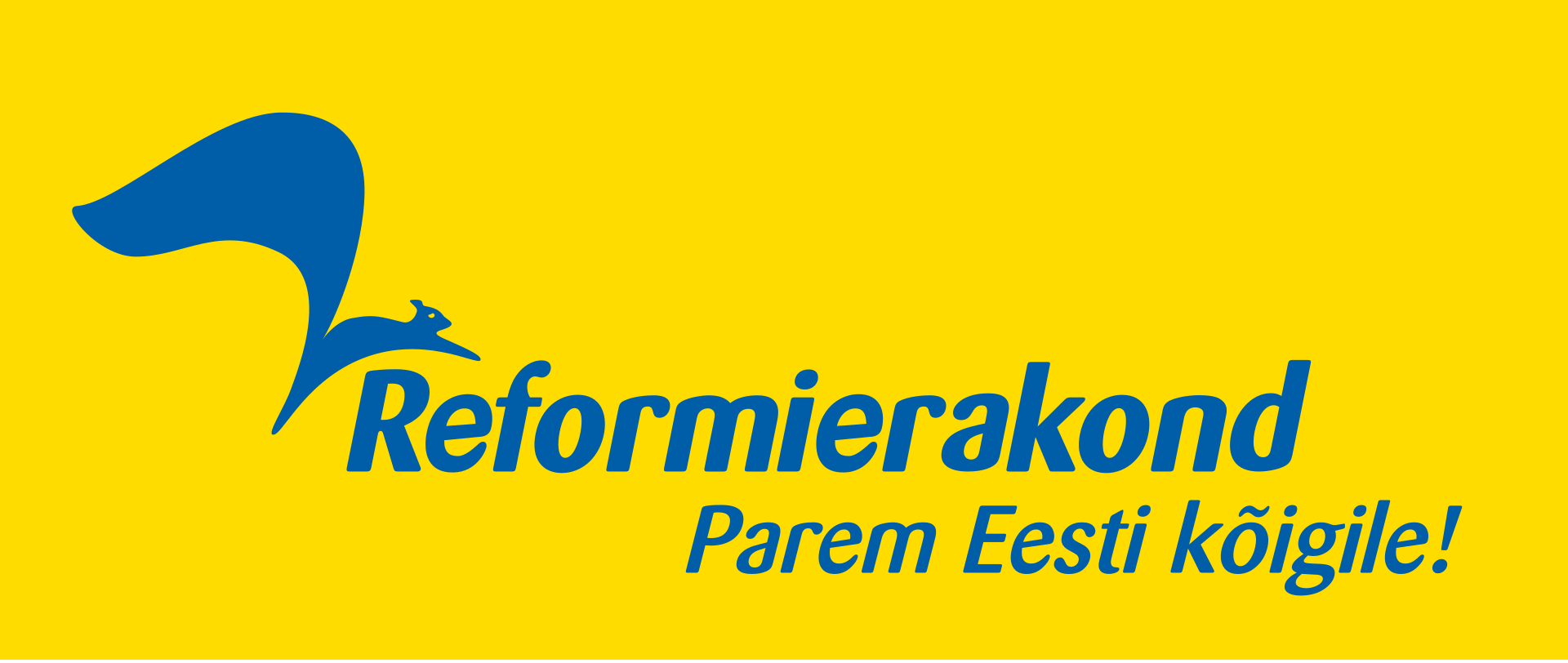
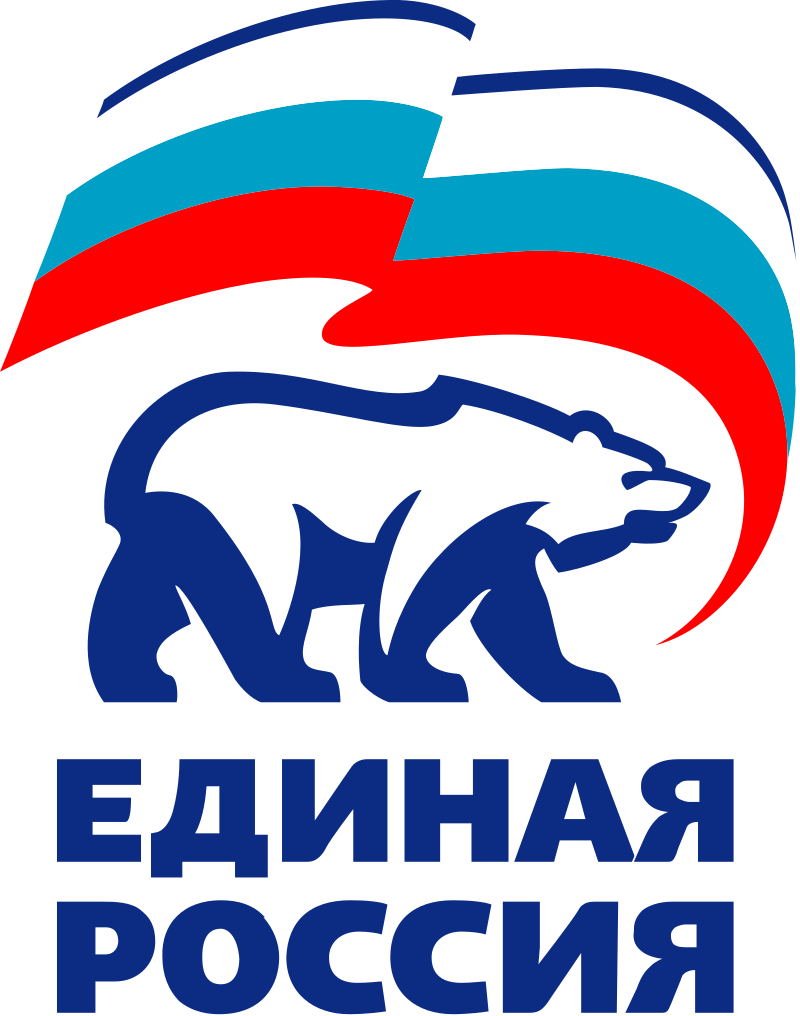
 Europa der Freiheit und der direkten Demokratie,EFDD
Europa der Freiheit und der direkten Demokratie,EFDD

 Party and government
Party and government
 International friendly parties
International friendly parties
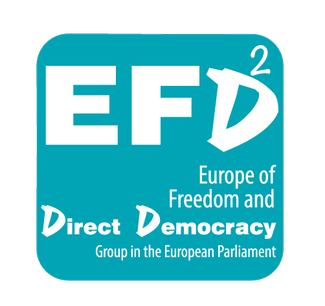
Europa der Freiheit und der direkten Demokratie[1] (EFDD oder EFD2, französische Abkürzung ELDD) ist eine Fraktion im Europäischen Parlament, die Parteien des EU-skeptischen und rechtspopulistischen Spektrums umfasst.[2] Die Fraktion wurde nach der Europawahl 2014 als Nachfolgerin der Fraktion Europa der Freiheit und der Demokratie (EFD) gegründet. Am 16. Oktober 2014 wurde sie aufgelöst, nachdem sie die Voraussetzung einer Fraktion nicht mehr erfüllte, und am 20. Oktober 2014 erneut gegründet.
Die EFDD wird von britischen Abgeordneten (gewählt für die UK Independence Party, UKIP, inzwischen größtenteil The Brexit Party) und dem italienischen MoVimento 5 Stelle (M5S) dominiert. Einziges deutsches Mitglied ist Jörg Meuthen (Alternative für Deutschland). Fraktionsvorsitzender ist Nigel Farage (bis Dezember 2018 UKIP); bis zum 16. Januar 2017 war David Borrelli (M5S) Ko-Vorsitzender. Die Fraktion umfasste vor der Europawahl 2019 42 Abgeordnete.
Europe of Freedom and Direct Democracy (EFDD or EFD²) is a Eurosceptic[6] political group in the European Parliament. The EFDD group is a continuation for the Eighth European Parliament of the Europe of Freedom and Democracy (EFD) group that existed during the Seventh European Parliament, with significant changes to group membership.
In 2017, it was one of the seven political groups of the parliament. This group is opposed to European integration.[7] Twenty-four out of its 47 MEPs were from the United Kingdom, representing the UK Independence Party.
Its president is British politician Nigel Farage, who was elected for the UK Independence Party, and then became an independent in 2018 before becoming leader of the Brexit Party in 2019. David Borrelli of the Italian Five Star Movement was co-president until January 2017,[7] when he had to resign the co-presidency after a failed attempt by his party's MEPs to transfer to the ALDE group.[8]
Le groupe Europe de la liberté et de la démocratie directe3 (en anglais : Europe of Freedom and Direct Democracy Group, abrégé en EFDD) est un groupe politique du Parlement européen, créé le 1er juillet 20094 et comprenant 42 députés européens.
Jusqu'au 24 juin 2014, le groupe s'appelait Europe libertés démocratie (ELD, en anglais : Europe of Freedom and Democracy Group, EFD)5. Le groupe est dissous le 16 octobre 20146, pour être recréé le 20 octobre grâce à l'adhésion du Polonais Robert Iwaszkiewicz.
Europa della Libertà e della Democrazia Diretta (in inglese: Europe of Freedom and Direct Democracy Group, EFDD; in francese Groupe Europe Libertés Démocratie Directe, ELDD) è un gruppo politico del Parlamento europeo nato da Europa della Libertà e della Democrazia (EFD). Il gruppo è formato da partiti con un programma politico contrario al centralismo burocratico dell'Unione europea.
El Grupo Europa de la Libertad y la Democracia Directa (abreviado como EFDD por su nombre en inglés) es un grupo político del Parlamento Europeo compuesto por eurodiputados independientes y sin partido político europeo, con excepción del lituano Orden y Justicia que pertenece al Movimiento por la Europa de las Libertades y la Democracia. Sus partidos referencia son el Partido de la Independencia del Reino Unido y el italiano Movimiento 5 Estrellas.
Desde julio de 2014, son el sexto grupo en fuerza del Parlamento Europeo, con 48 diputados frente a los 31 escaños que tenía en la séptima legislatura bajo el nombre Europa de la Libertad y la Democracia. Los copresidentes del grupo son el inglés Nigel Farage, que repite en el cargo, y el italiano David Borrelli, que sustituye al también italiano Francesco Speroni de la Liga Norte.1
Европа за свободу и прямую демократию (англ. Europe of Freedom and Direct Democracy — EFDD, фр. Groupe Europe libertés démocratie — ELD) — фракция Европарламента, объединяющая правоконсервативные евроскептические партии. Образована под названием Европа за свободу и демократию 1 июля 2009 года, вскоре после выборов в Европейский парламент. Лидеры фракции — Найджел Фарадж (Партия независимости Соединённого Королевства) и Давид Боррелли (Движение пяти звёзд)[1].
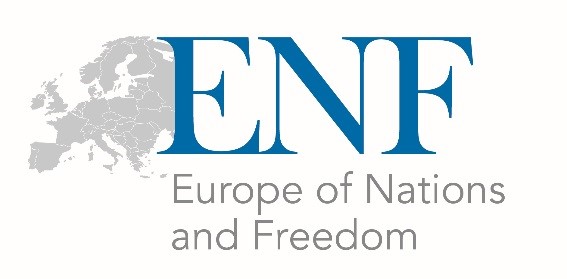
民族和自由欧洲(英语:Europe of Nations and Freedom)是一个极右翼欧洲议会党团。[12][13][14]
2015年6月15日,该党团有39名议员,是欧洲议会里最小的党团。该党团成员持民族主义、欧洲怀疑主义、右翼民粹主义、反伊斯兰及反移民的观点,但相较于EFDD,比较少反欧盟的色彩。
民族和自由欧洲虽然与同样是右翼民粹主义及欧洲怀疑主义的自由和直接民主欧洲(EFDD)党团的立场相近,但自由和直接民主欧洲主要是偏向于退出欧盟,与以推动反伊斯兰、右翼民粹主义及反移民为主,而非退出欧盟的民族和自由欧洲不同。成员除荷兰自由党外,均支持留在欧盟,部分则对欧盟去留公投持开放态度。
Europa der Nationen und der Freiheit (ENF; englisch Europe of Nations and Freedom, ENF; französisch Europe des nations et des libertés, ENL) ist eine Fraktion im Europäischen Parlament,[1][2][3] deren Mitglieder von rechtspopulistisch bis rechtsextrem charakterisiert werden.[4][1] Mit 36 Mitgliedern ist sie die kleinste Fraktion des Parlaments. Gemeinsame Fraktionsvorsitzende sind Marcel de Graaff von der niederländischen Partij voor de Vrijheid (PVV) und, seit 12. September 2017, Nicolas Bay von der französischen Rassemblement National (RN). Vorgänger von Bay war, bis zu ihrem Wechsel ins französische Parlament im Juni 2017, die FN-Vorsitzende Marine Le Pen.[1]
Der Rassemblement National, ehemals Front National, stellt den größten Teil der Mitglieder. Die weiteren großen in der Fraktion vertretenen Parteien sind die Freiheitliche Partei Österreichs (FPÖ), die italienische Lega und die niederländische Partij voor de Vrijheid. Aus Deutschland ist Marcus Pretzell (Die blaue Partei, früher Alternative für Deutschland) in der Fraktion vertreten. Der Großteil der Fraktionsmitglieder gehört der Europapartei Bewegung für ein Europa der Nationen und der Freiheit an.
Am 8. April 2019 kündigte Matteo Salvini, Vorsitzender der Lega, die Gründung einer Fraktion nach der Europawahl 2019 an, die der ENF nachfolgen soll. Die Fraktion – vorläufiger Name Europäische Allianz der Völker und Nationen – soll neben den bisherigen Mitgliedsparteien unter anderem die Abgeordneten der Alternative für Deutschland, der Dänischen Volkspartei und der Partei Die Finnen aufnehmen.
Europe of Nations and Freedom (ENF; French: Europe des nations et des libertés, ENL) is a political group in the European Parliament launched on 15 June 2015. The group is the smallest within the European Parliament at just 37 members. The largest faction in the group is the French National Rally with 17 MEPs. Twenty-eight members are part of the Movement for a Europe of Nations and Freedom (MENF), with the remaining nine MEPs being their ideological allies.
The ENF is the parliamentary group of the Movement for a Europe of Nations and Freedom although PVV's MEPs are members of the European Alliance for Freedom and other MEPs are without any European affiliations.
L'Europe des nations et des libertés est un groupe politique du Parlement européen fondé en juin 2015, situé à droite, voire à l'extrême droite de l'échiquier politique européen. Son parti associé est le Mouvement pour l'Europe des nations et des libertés (MENL).
Europa delle Nazioni e della Libertà (in inglese: Europe of Nations and Freedom Group, ENF; in francese Groupe Europe des nations et des libertés, ENL) è un gruppo politico del Parlamento europeo di destra[3], fondato nel 2015 da alcuni partiti nazionalisti, fortemente euroscettici, precedentemente affiliati all'Alleanza Europea per la Libertà. I partiti che lo compongono chiedono l'uscita di ogni Paese dall'Euro[2] e la revisione dei trattati riguardo l'immigrazione[2].
Europa de las Naciones y de las Libertades (ENF) es un grupo político en el Parlamento Europeo que se lanzó el 15 de junio de 2015. El grupo es el más pequeño dentro del Parlamento Europeo con solo 37 miembros. La facción más grande del grupo es la Agrupación Nacional de Francia con 17 eurodiputados. Veintiocho miembros del ENF forman parte del Movimiento Europa de las Naciones y de las Libertades (MENF), y los 9 diputados restantes son aliados ideológicos.
El ENF es el grupo parlamentario del Movimiento Europa de las Naciones y de las Libertades, aunque los eurodiputados del Partido por la Libertad de los Países Bajos fueron miembros de la Alianza Europea por la Libertad y otros eurodiputados no tienen afiliaciones europeas.
Después de las elecciones europeas de 2019, el grupo estará compuesto por 59 eurodiputados.
Европа наций и свобод (англ. Europe of Nations and Freedom, нем. Europa der Nationen und der Freiheit, фр. Europe des nations et des libertés) — Правая националистическая фракция Европейского парламента, основанная 16 июня 2015 года.
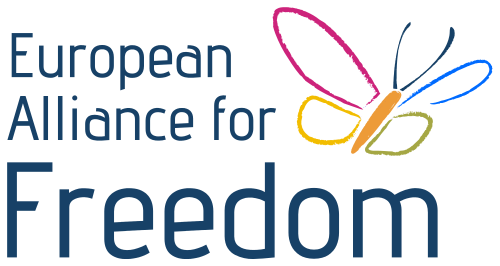

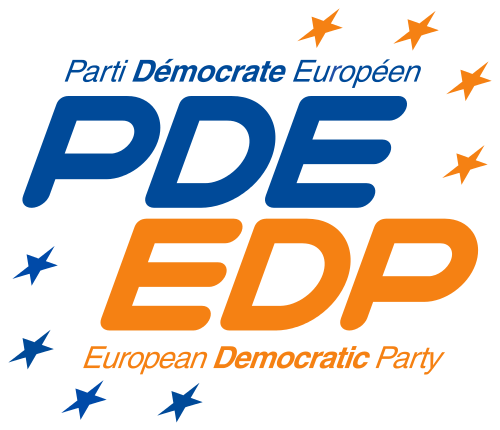
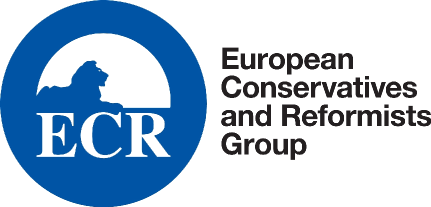
欧洲保守派和改革主义者(英语:European Conservatives and Reformists)是欧洲议会内的一个右翼疑欧保守主义党团,该党团反对欧洲联邦主义,持欧洲怀疑主义,并支持保守主义。党团成员除瑞典的瑞典民主党外,均为该国的主流保守派政党,其党内的成立主要是反对中间偏右保守派欧洲人民党的支持欧洲联邦主义的政策。
现在该党团在欧洲议会拥有73名议员。该党团的主要成员包括英国的保守党、捷克的公民民主党、波兰的法律与公正和瑞典的瑞典民主党。
Die Fraktion der Europäischen Konservativen und Reformer (EKR, bis Ende 2014 Fraktion Europäische Konservative und Reformisten) ist eine 2009 gegründete (national)-konservative und EU-kritische, in Teilen rechtspopulistische Fraktion im Europäischen Parlament. Mit insgesamt 77 Europaabgeordneten aus 16 Ländern ist sie die drittgrößte Fraktion des Parlaments (Stand: 30. Mai 2019[2]). Die beiden größten Parteien in der Fraktion sind die britische Konservative Partei und die polnische Recht und Gerechtigkeit (PiS). Sechs deutsche Abgeordnete gehören der Fraktion an, vier Parteilose sowie je ein Mitglied der Liberal-Konservativen Reformer sowie des Bündnis C.
Die zugeordnete europäische politische Partei ist die Allianz der Konservativen und Reformer in Europa (ACRE). Der Fraktion gehören außerdem Mitglieder der Europäischen Christlichen Politischen Bewegung (ECPM), der Europäischen Freien Allianz (EFA) sowie Abgeordnete ohne Parteizugehörigkeit auf europäischer Ebene an.
欧州保守改革グループ(おうしゅうほしゅかいかくグループ)[1]とは、反連邦主義、保守系の欧州議会の政治会派[2]。会派結成の時点では55名の欧州議会議員が所属しており、議院内において4番目の規模となる[3]。欧州保守改革グループは2009年6月の欧州議会議員選挙を受けて、欧州保守改革同盟が中心となって結成された会派である。
会派内において、とくに大きい政党はイギリスの保守党、チェコの市民民主党 とポーランドの法と正義である。この3党のほかに、ポーランドのポーランドが最も重要、5か国の議員を1人ずつ出している政党、無所属議員2名が参加している。これらの政党の多くは旧欧州人民党・欧州民主主義グループ内のグループであった欧州民主主義グループや諸国民のヨーロッパ連合という、2つの消滅した会派から参加している。
The European Conservatives and Reformists (ECR)[1] is a Eurosceptic,[6][7][8][9][10] anti-federalist[5][6][11] political group in the European Parliament. The ECR is the parliamentary group of the Alliance of Conservatives and Reformists in Europe (ACRE) European political party (formerly known as the Alliance of European Conservatives and Reformists), but also includes MEPs from four other European parties and thirteen MEPs without European party affiliation. The group focuses on reforming the European Union (EU) on the basis of Eurorealism[12] as opposed to total rejection of the EU (anti-EU-ism).[13][14]
The ECR was founded around the Movement for European Reform after the 2009 European elections at the behest of British Conservative Party leader David Cameron. During the Seventh European Parliament (2009–14), the ECR had 55 MEPs, making it the joint fourth-largest group. After the 2014 European elections, the party accepted thirteen new member parties, increasing the group membership to 75 MEPs (by May 2017) and making it the current third-largest group in the European Parliament.
The group is considered centre-right[15] to right-wing.[16] The largest parties in the group by number of MEPs are the Conservative Party of the United Kingdom and Law and Justice (PiS) of Poland.
Le groupe des Conservateurs et réformistes européens (CRE) est un groupe politique européen, regroupant à l'échelle du continent un ensemble de partis de droite et de la droite nationaliste, disposant d'un groupe au Parlement européen et à l'Assemblée parlementaire du Conseil de l'Europe. Fondé en 2009, les CRE comptent vingt-trois partis membres de seize pays différents. Les CRE se décrivent comme « une famille se situant à droite de l'échiquier politique ».
Il Gruppo dei Conservatori e Riformisti Europei (in inglese European Conservatives and Reformists Group; abbr. ECRG o ECR[5]) è un gruppo parlamentare del Parlamento europeo creato il 22 giugno 2009 da partiti conservatori[6] di destra[7][8][9] e di centro-destra[10][11][12] che si dichiarano euroscettici[6][13][14][15] e antifederalisti[6][16], in quanto si oppongono al federalismo europeo. Dal luglio 2014 è il terzo gruppo parlamentare dopo quello del Gruppo del Partito Popolare Europeo e dell'Alleanza Progressista dei Socialisti e dei Democratici.
El Grupo de Conservadores y Reformistas Europeos (GCRE; en inglés European Conservatives and Reformists, ECR) es grupo político del Parlamento Europeo salido de las elecciones europeas de 2009, correspondiente a la legislatura 2009-2014. De ideología conservadora, euroescéptica,2 y antifederalista3 tiene su base en el Movimiento para la Reforma Europea y está afiliado al europartido de la Alianza de Conservadores y Reformistas. En el Parlamento Europeo tiene una representación de 70 miembros, siendo el tercer grupo de la cámara en número de representantes.4
La mayor parte del grupo está integrado por miembros del Partido Conservador del Reino Unido, Ley y Justicia de Polonia, y el Partido Democrático Cívico de la República Checa. Además, también integra a diputados de otros cinco países, como Bélgica, Hungría, Letonia, Lituania y Holanda. La mayoría de los partidos miembros integraron este grupo tras la disolución de los Demócratas Europeos, agrupación integrada en el PPE-DE, y la Unión por la Europa de las Naciones.
Su nivel de euroescepticismo es superior al de los tres grandes grupos parlamentarios europeístas Partido Popular Europeo (Demócrata-Cristianos) y de los Demócratas Europeos (PPE-DE), Alianza Progresista de Socialistas y Demócratas (S&D) y la Alianza de los Demócratas y Liberales por Europa (ALDE), pero inferior al del grupo parlamentario más euroescéptico Europa de la Libertad y la Democracia (ELD).
Европейские консерваторы и реформисты (англ. European Conservatives and Reformists, ECR) — консервативная фракция евроскептиков-конфедератов[2][3] в Европейском парламенте. и Совете местного самоуправления СЕ[4]. Фракция на данный момент состоит из 70 членов парламента, являясь третьей по величине. Создана в 2009 году по результатам европейских выборов членами Движения за европейские реформы на основе европейской партии Альянс европейских консерваторов и реформистов.

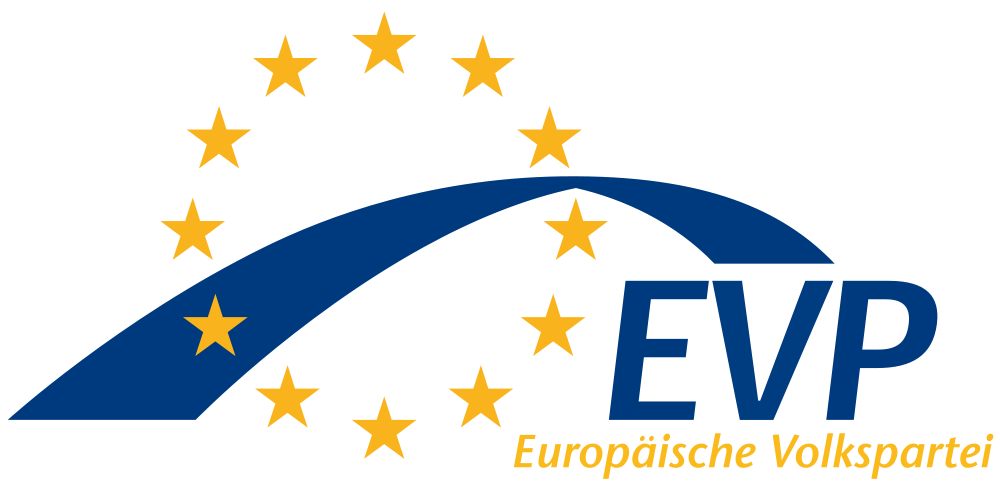
欧洲人民党(英语:European People's Party,缩写为EPP)成立于1976年,是欧盟最大的跨国中间偏右政党。欧洲人民党结合了欧洲的中间偏右基督教民主党与保守党。目前欧洲人民党是欧洲议会的第一大党。
Die Europäische Volkspartei (EVP; französisch Parti populaire européen, PPE, englisch European People’s Party, EPP) ist eine europäische politische Partei, die sich aus christlich-demokratischen und bürgerlich-konservativen bis hin zu nationalkonservativ-rechtspopulistischen Mitgliedsparteien in der Europäischen Union zusammensetzt. Daneben gehören Parteien aus nicht-EU-Ländern der EVP als assoziierte oder beobachtende Mitglieder an. Aus dem deutschen Sprachbereich sind die CDU und die CSU aus Deutschland, die ÖVP aus Österreich, die CSV aus Luxemburg sowie die CSP aus Belgien Mitglieder der EVP; die Schweizer CVP ist assoziiertes Mitglied und die Südtiroler Volkspartei hat Beobachterstatus.
Die EVP wurde 1976 von hauptsächlich christlich-demokratischen Parteien gegründet. Sie hat die Form einer internationalen Vereinigung ohne Gewinnerzielungsabsicht belgischen Rechts. Die EVP ist eine von drei europäischen Regionalabteilungen der Internationalen Demokratischen Union (IDU).
Im Europäischen Parlament stellt die EVP mit der Fraktion der Europäischen Volkspartei (Christdemokraten) die seit 1999 größte Fraktion. Derzeit gehören 216 Abgeordnete der EVP-Fraktion an, darunter auch einige, die nicht der EVP angehören (Stand: 30. Mai 2019[1]). Daneben bestehen auch EVP-Fraktionen im Ausschuss der Regionen der EU sowie in den parlamentarischen Versammlungen in anderen transnationalen Organisationen wie dem Europarat, der OSZE oder der NATO. In der Legislaturperiode 2014–2019 stellt die EVP 14 Mitglieder der Europäischen Kommission (einschließlich des Kommissionspräsidenten) und den Präsidenten des Europäischen Rates.
欧州人民党(おうしゅうじんみんとう、EPP)は、1976年創設の欧州規模の政党。欧州議会では欧州人民党に参加する各国内政党のほか、中道右派やキリスト教民主主義系の無所属議員で会派「欧州人民党グループ」を形成している。欧州人民党には、欧州諸国中40か国の保守主義政党およびキリスト教民主主義政党のうち、74の政党が加盟している。
現在の党議長は、ベルギー元首相のウィルフリート・マルテンス。2006年のローマ大会で再選された。任期は3年。ローマ大会では、副議長として、ミシェル・バルニエ(フランス、国民運動連合)、ユルキ・カタイネン(フィンランド、国民連合党)、ロイゼ・ペテルレ(スロベニア、スロベニア人民党)、オルバン・ヴィクトル(ヴィクトル・オルバン、ハンガリー、フィデス=ハンガリー市民同盟)、ペーター・ヒンツェ(ドイツ、キリスト教社会同盟)、Enda Kenny(アイルランド、フィネ・ゲール)、ヤツェク・サリウシュ=ヴォルスキ(ポーランド、市民プラットフォーム)が選出された。
The European People's Party (EPP) is a European political party with conservative[6] and liberal-conservative[2] member parties. A transnational organisation, it is composed of other political parties, not individuals. Founded by primarily Christian democratic parties in 1976, it has since broadened its membership to include liberal-conservative parties and parties with other centre-right political perspectives.[7][8][9][10]
The EPP has been the largest party in the European Parliament since 1999 and in the European Council since 2002. It is also by far the largest party in the current European Commission. The President of the European Council, President of the European Commission and the President of the European Parliament are all from the EPP. Many of the Founding fathers of the European Union were also from parties that later formed the EPP. Outside the EU the party also controls a majority in the Parliamentary Assembly of the Council of Europe. The EPP has alternated with its centre-left rival the Party of European Socialists (PES) as the largest European political party and parliamentary group.
The EPP includes major centre-right parties such as the CDU/CSU of Germany, The Republicans of France, CD&V of Belgium, KDU-ČSL of the Czech Republic, Fine Gael of Ireland, New Democracy of Greece, Forza Italia of Italy, the People's Party (PP) of Spain, the Social Democratic Party of Portugal, the Civic Platform of Poland but also Fidesz of Hungary.
Le Parti populaire européen (PPE/EPP) est un parti politique européen, regroupant à l'échelle du continent un ensemble de partis de droite et de centre droit d'inspiration démocrate chrétienne et libérale-conservatrice, disposant d'un groupe au Parlement européen et à l'Assemblée parlementaire du Conseil de l'Europe.
Fondé en 1976, le PPE compte plus de 70 partis membres de 40 pays différents, de nombreux chefs d'État et de gouvernement provenant de pays membres de l'Union européenne, treize membres de la Commission européenne, dont le président du Conseil européen, ainsi que le groupe le plus important au sein du Parlement européen. Le PPE se décrit comme « une famille se situant au centre droit de l'échiquier politique, dont les racines puisent dans l'histoire et la civilisation du continent européen et qui a, dès l'origine, œuvré pour le projet européen ».
Il Partito Popolare Europeo (acronimo PPE) è un partito politico europeo. È la famiglia politica europeista di centro e di centro-destra che raccoglie le forze generalmente classificabili come moderate, cristiano-democratiche e conservatrici.
Oltre ad essere il maggiore partito rappresentato in ciascuna delle istituzioni dell'Unione europea ed anche il più ampio del Consiglio d'Europa, è il più influente dei partiti europei ed è il più grande gruppo politico nel Parlamento europeo con 216 eurodeputati. Attualmente tutte e tre le cariche rappresentative dell'Unione Europea (il presidente del Consiglio europeo, il Presidente della Commissione europea ed il presidente del Parlamento Europeo) sono rappresentate da esponenti del PPE.
Fondato nel 1976 da partiti cristiano-democratici, ispiratisi all'azione degli statisti europeisti De Gasperi, Adenauer e Schumann nel secondo dopoguerra, successivamente ha visto l'adesione anche di soggetti appartenenti all'area di centro-destra. Tuttavia i partiti membri hanno collocazioni politiche diverse nei singoli Paesi (nella maggior parte dei casi alternative alla sinistra, ma in altri casi alleati di governo con partiti di centrosinistra, in altri ancora distinti sia dalla sinistra che dalla destra).
Il PPE raggruppa 73 partiti membri provenienti da 39 Paesi, di cui 27 sono membri dell'UE. Fra questi ritroviamo vari partiti importanti come IR in Francia, la CDU in Germania, FI in Italia, PO in Polonia ed il PP in Spagna.
È il primo partito nel Parlamento europeo dal 1999, nel Consiglio europeo dal 2002 e nell'attuale Commissione europea. Alcuni dei padri fondatori dell'Unione europea appartenevano a partiti che sono successivamente entrati a far parte del PPE.
El Partido Popular Europeo (en inglés European People's Party, abreviado EPP) es un partido político europeo de centroderecha y proeuropeo. Fue fundado en 1976 por partidos demócrata-cristianos, pero posteriormente ha ampliado su composición para incluir a conservadores y otras perspectivas de centroderecha.13
El PPE es el principal partido de la Unión Europea (UE), con más de 200 diputados en el Parlamento Europeo, todos ellos presentes en el Grupo del Partido Popular Europeo. Además cuenta con 14 miembros de la Comisión Europea, incluido el presidente Jean-Claude Juncker, y 7 en el Consejo Europeo, además de su presidente.456
Con 75 partidos repartidos en 40 países de Europa, controla 10 estados de todo el continente y cuenta con el mayor grupo de la Asamblea Parlamentaria del Consejo de Europa, con más de 190 miembros en el Grupo del Partido Popular Europeo.78
El PPE incluye partidos tan importantes como la Unión Demócrata Cristiana de Alemania, Los Republicanos de Francia o el Partido Popular de España, y cuenta con miembros en todos los estados miembros de la Unión Europea salvo el Reino Unido.2
Европе́йская наро́дная па́ртия (ЕНП) — правоцентристская общеевропейская политическая партия, основанная в 1976 году. Включает в себя христианско-демократические и консервативные партии стран Европы.
ЕНП — одна из крупнейших партий Европы, представленная во всех политических институтах Европейского союза, а также в Совете Европы. Партия включает в себя 73 коллективных члена, национальные партии из 39 стран.
Согласно их странице в Интернете ЕНП это «объединение политического центра, чьи корни лежат в глубинах истории европейской цивилизации. Она объединяет национальные партии с близкой идеологией в государствах-членах и ассоциированных членах ЕС, а также поддерживает близкие контакты со странами — возможными кандидатами».
ЕНП включает в себя 16 глав правительств стран — членов Европейского союза и 6 глав правительств стран, не входящих в ЕС, также 13 членов Европейской комиссии (в том числе председателя Комиссии), председателя Европейского совета, председателя Европейского парламента и крупнейшую фракцию в Европейском парламенте, которая состоит из 265 членов. С 2013 года президентом EPP является депутат Европарламента Жозеф Доль.
Европейская народная партия имеет молодёжное отделение, Молодёжь Европейской народной партии (англ. YEPP). Европейские студенты-демократы (англ. EDS) — группа студенческих политических партий, ассоциированная с ЕНП.
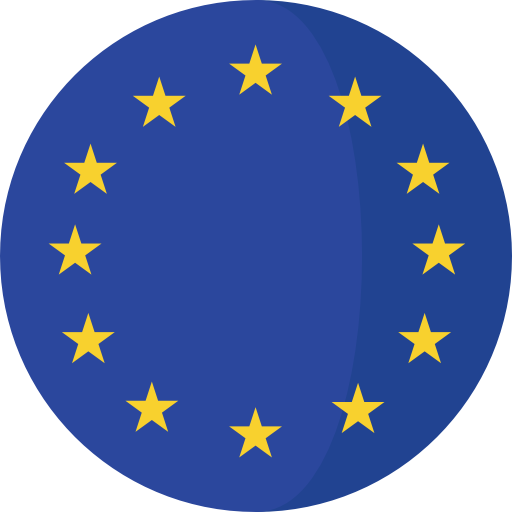 European Union
European Union